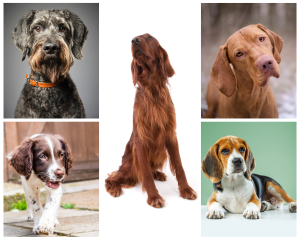
Geneticists from the Canine Genetics Centre, along with veterinary cardiologists and neurologists from the Queen’s Veterinary School Hospital, are becoming increasingly concerned by reports of sudden, unexpected deaths in young Labrador Retrievers – often occurring during rest or sleep – in dogs that appeared otherwise healthy. Continue reading
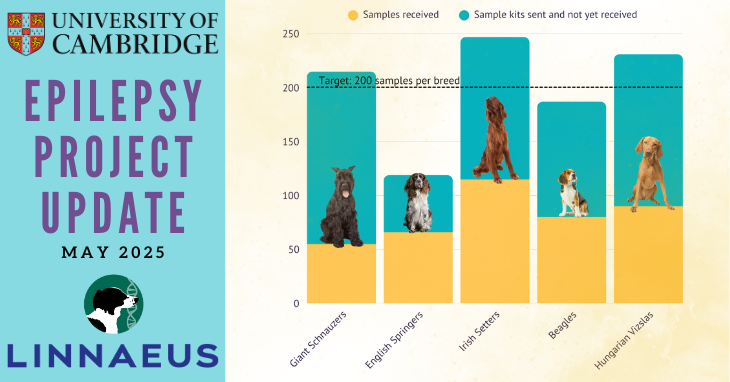


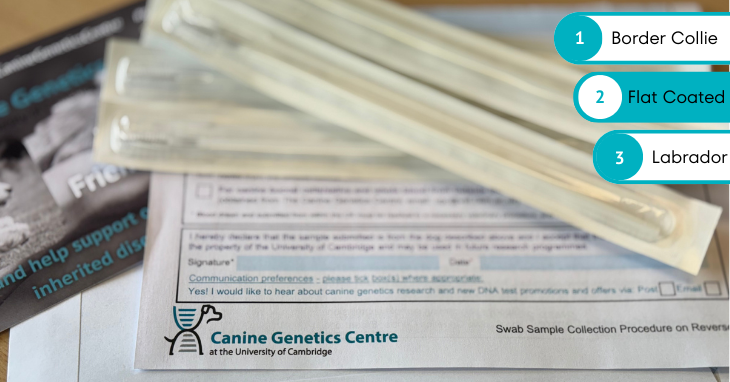
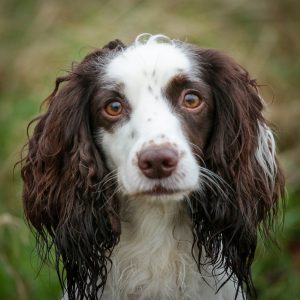 The Cocker Spaniel is one of the most popular dog breeds in the UK and so it is unsurprising that a number of inherited diseases have been reported over the years in this breed including Progressive Retinal Atrophy (PRA), Retinal Dysplasia (RD) and Retinopathy with Vitamin E Deficiency (RVED). A DNA test for PRA (prcd) has been available for a long time and so this disease is now, fortunately, very rare in this breed. Very recently, the Canine Genetics Centre has also solved the cause of RVED in this breed and so, with the use of DNA testing, this disease should be easy to eradicate in a few generations.
The Cocker Spaniel is one of the most popular dog breeds in the UK and so it is unsurprising that a number of inherited diseases have been reported over the years in this breed including Progressive Retinal Atrophy (PRA), Retinal Dysplasia (RD) and Retinopathy with Vitamin E Deficiency (RVED). A DNA test for PRA (prcd) has been available for a long time and so this disease is now, fortunately, very rare in this breed. Very recently, the Canine Genetics Centre has also solved the cause of RVED in this breed and so, with the use of DNA testing, this disease should be easy to eradicate in a few generations. 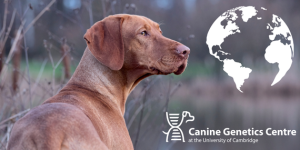 The CGC’s
The CGC’s  The CGC’s research database currently consists of 41,717 samples from 215 dog breeds collected since the early 1990s for the purpose of tackling inherited canine diseases. Roughly three quarters of sample contributions have come from UK-based donors, and the remaining quarter from 46 countries around the world. Alongside the data generated by the group over the years, our sample collection is a key resource that enables researchers to determine genetic variants responsible for heritable diseases in dogs.
The CGC’s research database currently consists of 41,717 samples from 215 dog breeds collected since the early 1990s for the purpose of tackling inherited canine diseases. Roughly three quarters of sample contributions have come from UK-based donors, and the remaining quarter from 46 countries around the world. Alongside the data generated by the group over the years, our sample collection is a key resource that enables researchers to determine genetic variants responsible for heritable diseases in dogs. 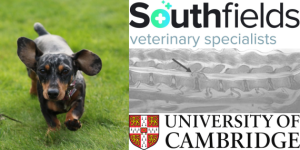 We have
We have 